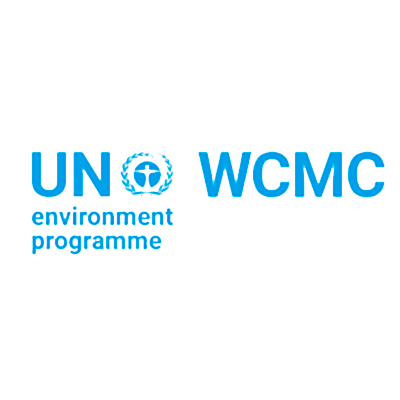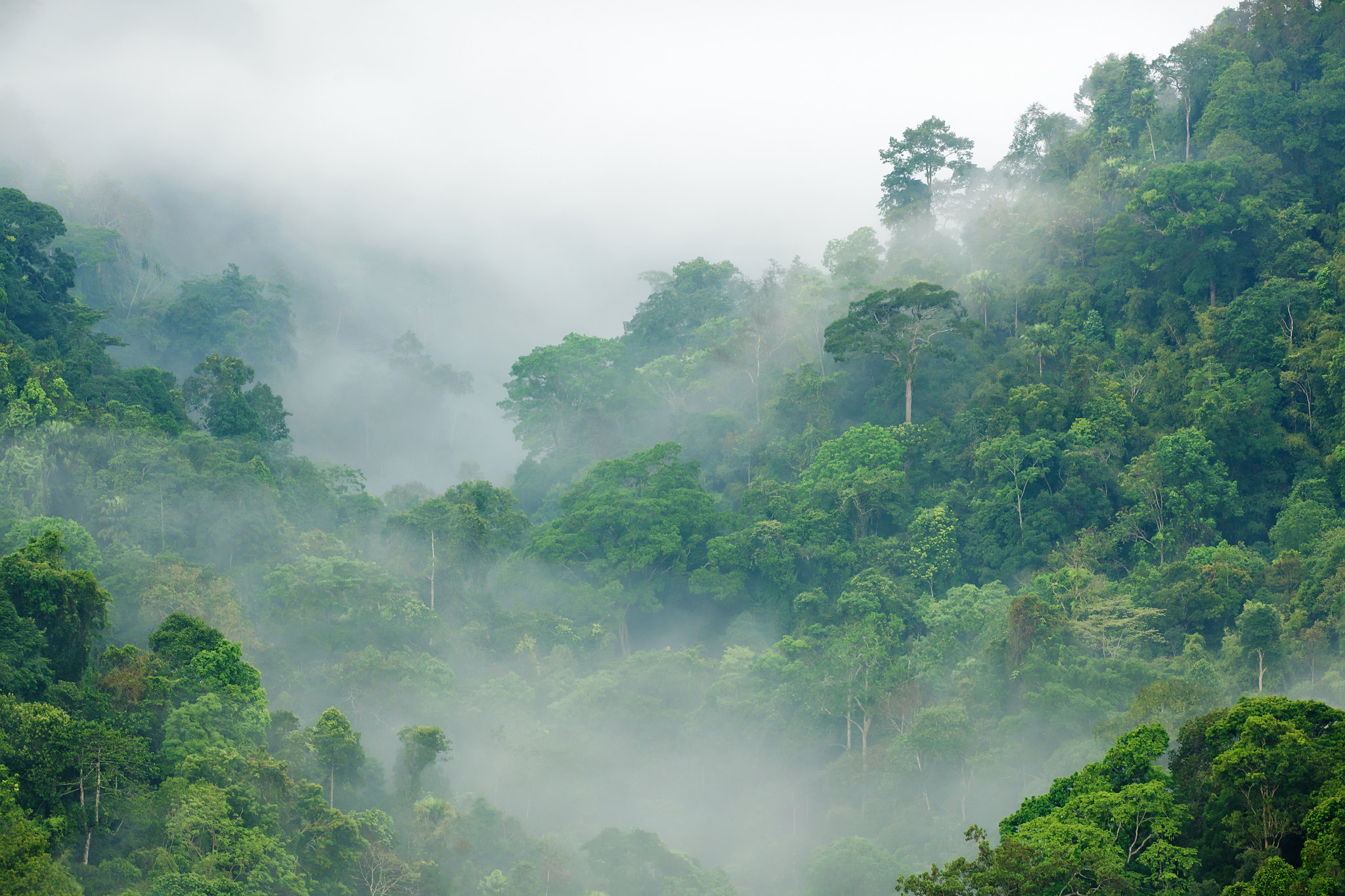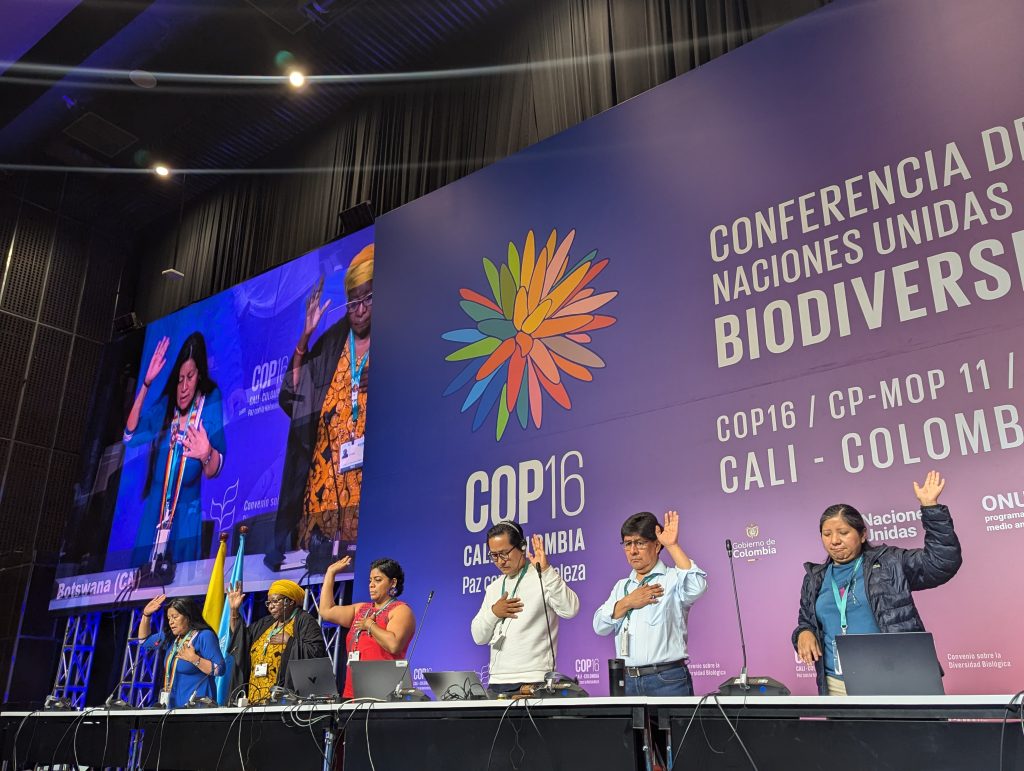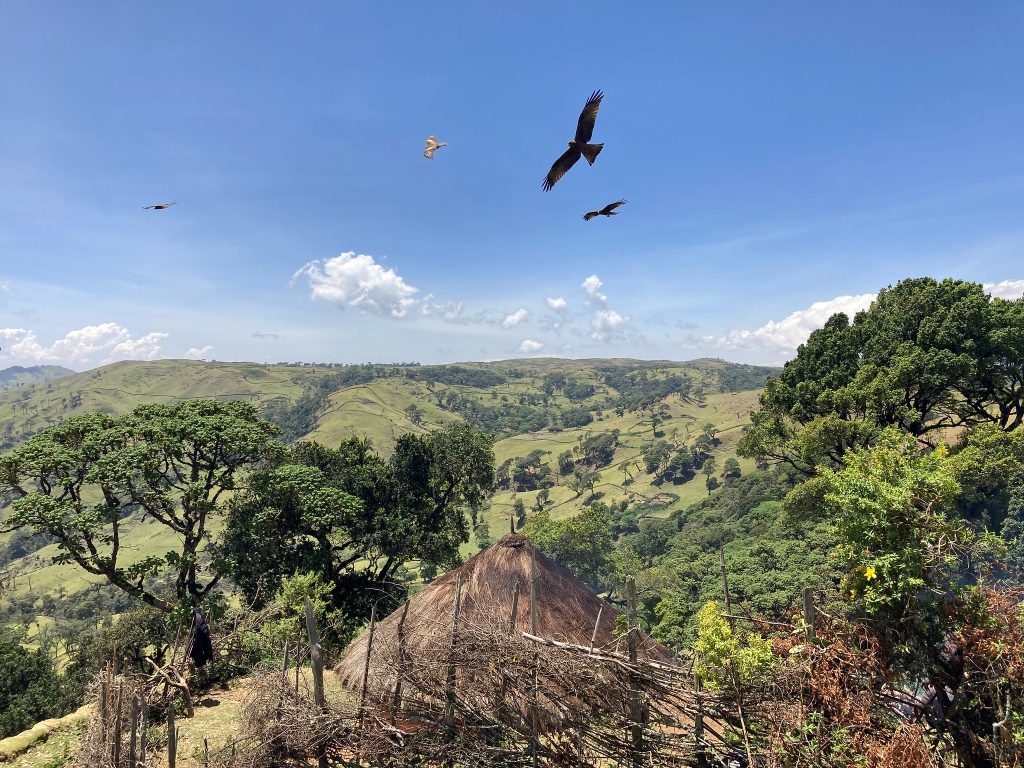The UN Environment Programme World Conservation Monitoring Centre (UNEP-WCMC) works at the interface of science, policy and practice to tackle the global crisis facing nature and support the transition to a sustainable future for people and the planet.
Their international team is formed by over 200 recognised leaders in their field and have unrivalled understanding of the institutional landscape surrounding biodiversity policy and ecosystem management. Based in Cambridge, UK, UNEP-WCMC is the specialist biodiversity Centre of UNEP and operates as a collaboration between UN Environment Programme and the UK charity WCMC.

Website: www.unep-wcmc.org/en
X/Twitter: @unepwcmc
Facebook: @UN Environment Programme World Conservation Monitoring Centre
Dashed line
Focus of work in the Transformative Pathways project
Bringing their expertise supporting intergovernmental processes in developing and using biodiversity indicators into the project, UNEP-WCMC supports the development of relevant indicators (e.g., participation of Indigenous Peoples and local communities in biodiversity related decision-making processes).
Indicators are key to be able to measure progress towards the achievement of the 4 goals and 23 targets of the Kunming-Montreal Global Biodiversity Framework. Within the project, UNEP-WCMC aims to support the development of relevant indicators to evidence the vital role that Indigenous Peoples and local communities play in the realisation of the Global Biodiversity Framework and, more broadly, in the conservation and sustainable use of biodiversity.
In creating these indicators, they ensure synergies with the Biodiversity Indicators Partnership (BIP), a global initiative whose secretariat is provided by UNEP-WCMC. The BIP has convened indicator providers and users, and supported the development of national and global biodiversity indicators, since 2007.



